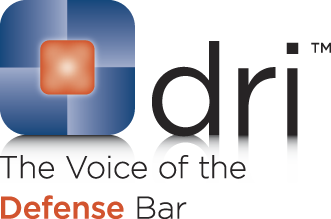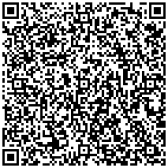 Normally, it is easy to know whether the person whose name is on the auto insurance policy has liability coverage when operating his or her insured car. But that analysis becomes more difficult when the driver is not a named insured. Nevada Law requires that a liability insurance policy must extend to any person that is operating the vehicle with the “express or implied permission of the named insured.” NRS 485.3091(1)(b). The “omnibus clause” in most insurance policies allow for this type of coverage. Even so, the issue of “implied permission” can be tricky.
Normally, it is easy to know whether the person whose name is on the auto insurance policy has liability coverage when operating his or her insured car. But that analysis becomes more difficult when the driver is not a named insured. Nevada Law requires that a liability insurance policy must extend to any person that is operating the vehicle with the “express or implied permission of the named insured.” NRS 485.3091(1)(b). The “omnibus clause” in most insurance policies allow for this type of coverage. Even so, the issue of “implied permission” can be tricky.
The case of U.S. Fid. & Guar. Co. v. Fisher, 88 Nev. 155, 494 P.2d 549 (1972) deals with the issue of permissive use of a vehicle and the scope of coverage under the omnibus clause of an insurance policy. In that case, the insurance company issued an auto policy to Ms. Link. Ms. Link allowed Mr. Fisher to use her car from time to time to run errands.
Ms. Link was going on vacation. She asked Mr. Fisher to take her to the airport and then to park her car in his driveway while she was away. She told Mr. Fisher that he could move the car in case of an
emergency. Mr. Fisher used the car while Ms. Link was out of town and got in an accident. The insurance company filed for declaratory relief asking the court for authority to deny coverage.
The court would not do it. Rather, the court adopted the most liberal of three rules called the “initial permission” rule. The court said that if a person has permission to use an automobile in the first instance, any subsequent use while it remains in his possession though not within the contemplation of the parties is a permissive use within the terms of the omnibus clause. 88 Nev. at 158, 494 P.2d at 551.
The court explained:
Zelda [Link] bought and paid for the protection of others who might drive her car. Conspicuous is the fact that she was vested with plenary authority to determine who should be the beneficiary of the contract. Whether she permitted one or a hundred to drive her car, the premium remained the same. The Company was paid for a policy under which Zelda as the named insured could extend the liability coverage to whomever she pleased.
88 Nev at 159, 494 P.2d at 551.
The Court gives several reasons for adopting a permissive rule regarding permission. First the court explained that:
We know that contracting parties cannot contemplate every possible situation and spell out in advance their understanding as to each situation that might develop. If we are to interpret the intention of the parties, we must seek the reason for the extended coverage and be guided by that reason.
Id.
The court suggests that after an accident happens, people may be inclined to deny there was permission for fear that their policy will be cancelled or they would be liable for the damages. Id. citing Odolecki v. Hartford Accident & Indem. Co., 264 A.2d 38 (N.J. 1970). The court further explained:
An even more powerful argument in favor of the “initial permission” rule is the important policy of assuring that all persons wrongfully injured have financially responsible persons to look to for damages. In other words, a liability insurance policy is for the benefit of the public as well as for the benefit of the named insured.
88 Nev. at 160, 494 P.2d 551.
If you have questions about the omnibus clause in an insurance policy and permissive use, call Mike Mills at 702-240-6060×114 or email him at mike@mcmillslaw.com. He will be glad to speak with you.
 Follow
Follow Email
Email


